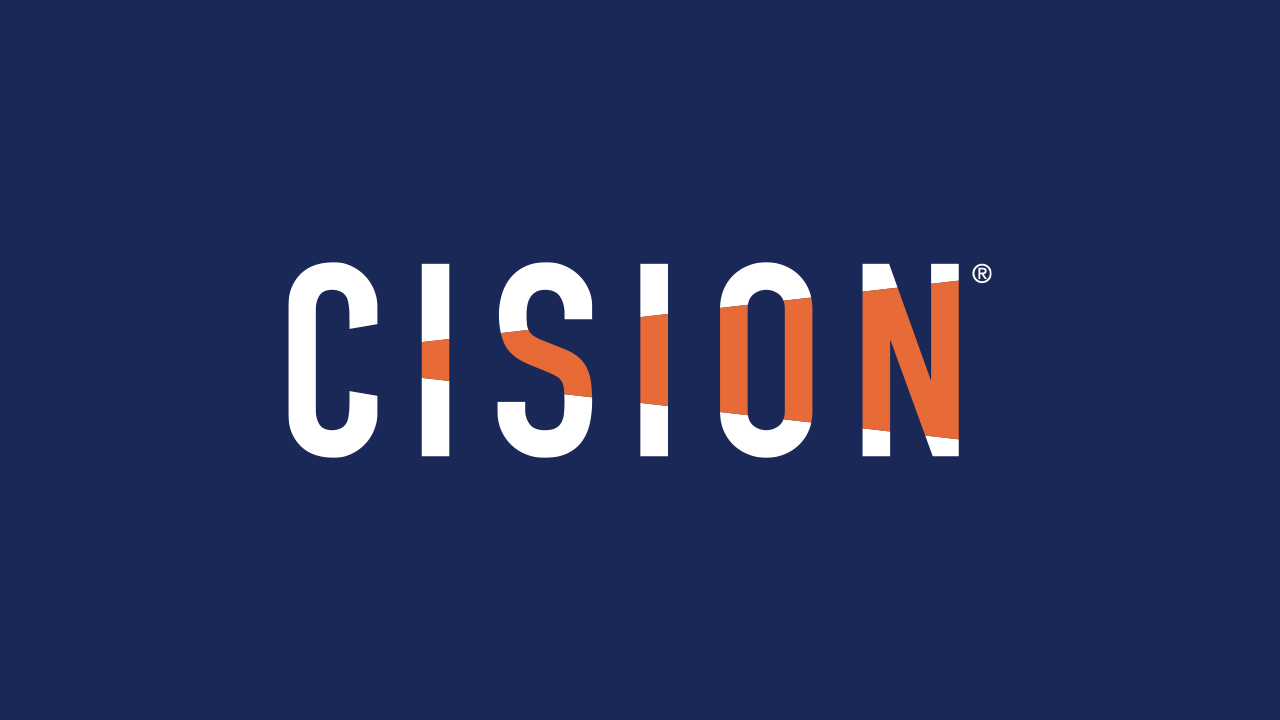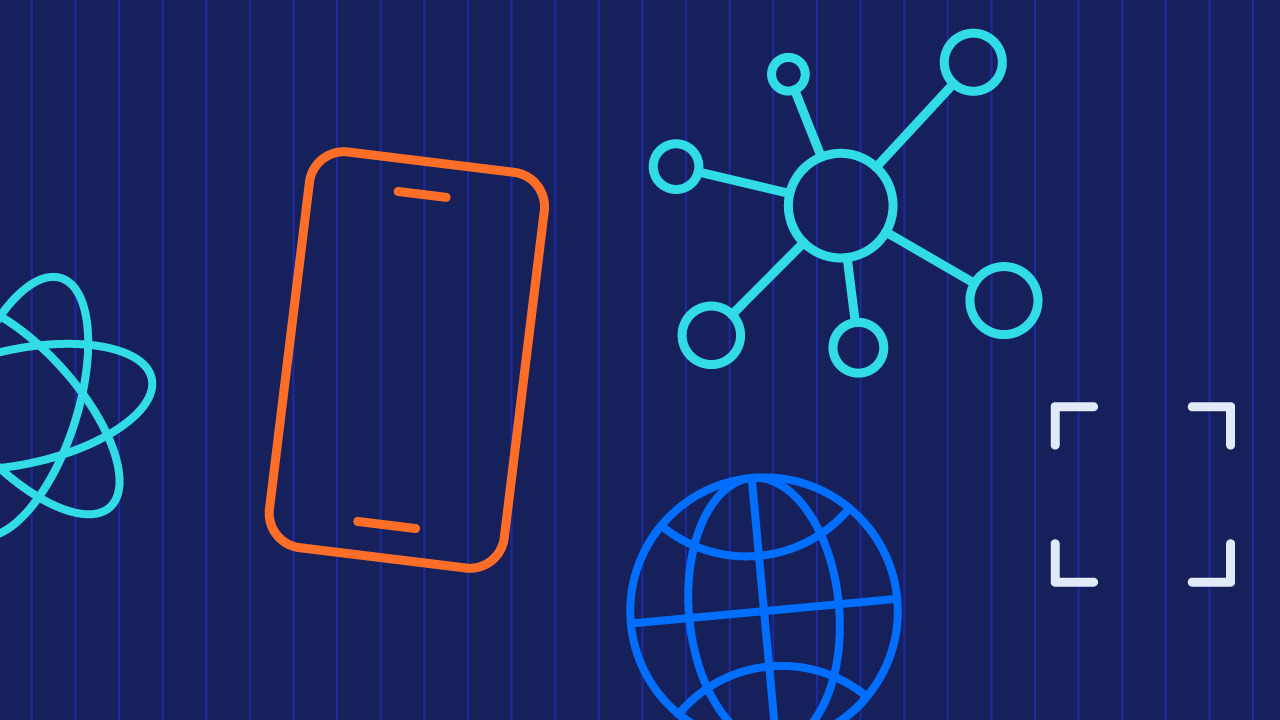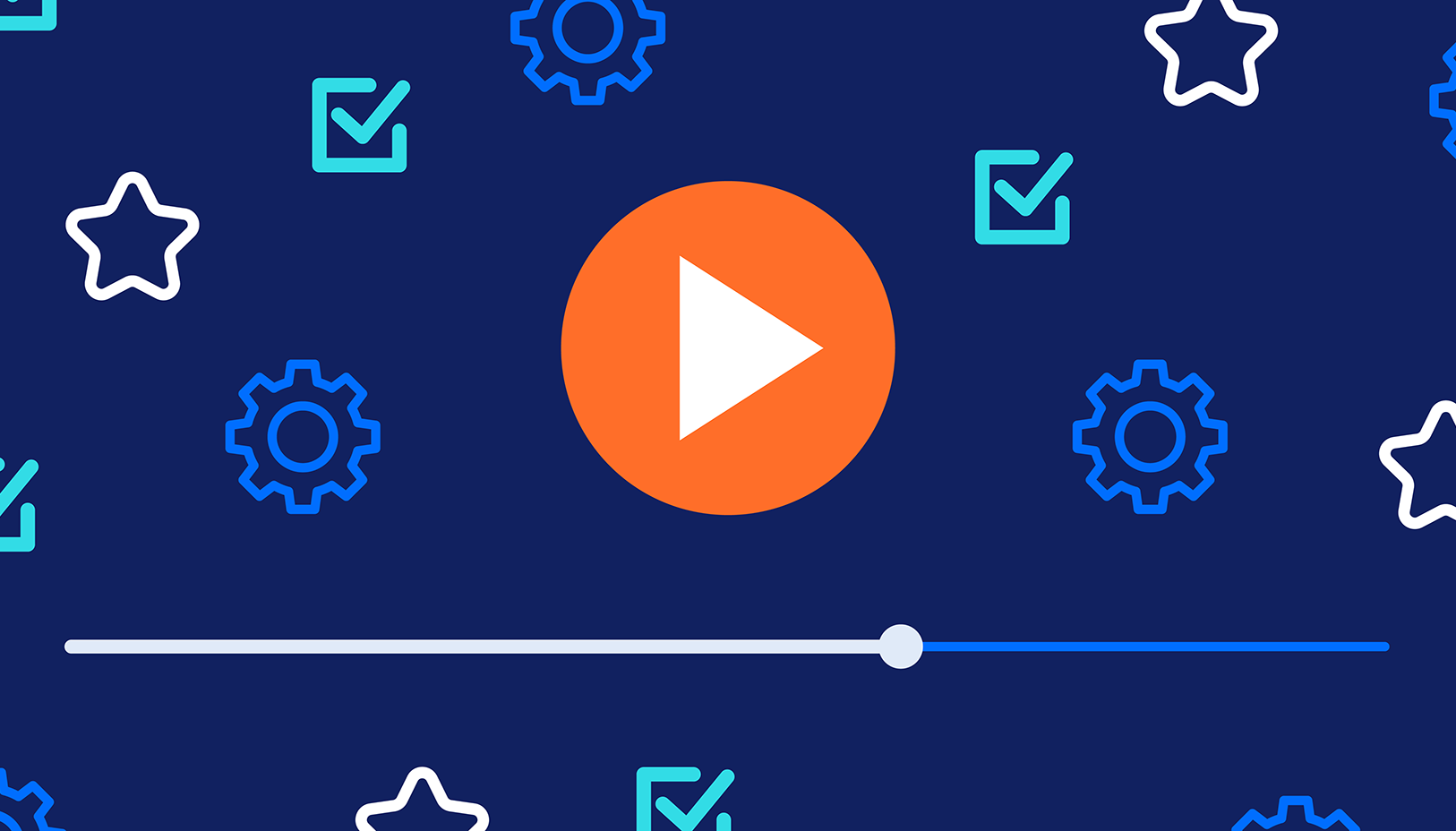The growth of AI marketing has accelerated in recent years thanks to tools like CisionOne, making it easier for anyone to optimize their products and services.
By leveraging AI marketing tools, it's possible to analyze enormous datasets, predict consumer behavior, and personalize marketing efforts to an unprecedented degree. It's not about replacing staff or structures, but instead improving existing marketing tactics.
Using AI as a marketing tool alongside other techniques boosts efficiency and helps craft campaigns that resonate more effectively with target audiences. In essence, AI enables people to deliver better messaging, to the right people, at the right time.
AI tools offer capabilities ranging from automating routine tasks to providing deep insights into customer engagement.
We have seen these technologies help in streamlining workflows, keeping databases current and relevant, and tailoring outreach campaigns with a degree of personalization that would be nearly impossible manually.
They fall into two categories. The first is around analysis, data collecting, and strategising. The second is around content creation, whether it be designing a social media post or orchestrating an email marketing function.
This guide will show you both sides of AI marketing tools and the best options for users.
How AI in Marketing Works
AI marketing tools work by supporting and informing marketers in their campaigns. This ranges from the automation of data sets to spot gaps in the market, to enhancing creative processes.
For instance, AI-driven content generation and optimization can greatly impact the effectiveness of a brand agency's marketing copy.
You might use AI to run sentiment analysis on a new campaign and then again to create fresh content in the future.
Some tools specialise in one area, such as image creation. Others provide start-to-finish support and functionality, helping you crunch data, craft a strategy, and execute it.
By integrating AI tools into marketing strategies, you can achieve a level of data synchronicity and operational efficiency that aligns perfectly with the fast-paced demands of current digital marketing landscapes.
Whether it’s through artificial intelligence-powered social media platforms or tools that help with search engine optimization and email marketing, adopting these technologies is key to staying competitive and productive in today’s market.
Evolution of AI in Marketing
AI has been around for longer than you think, and wasn't born from the launch of ChatGPT. In fact, AI tools have been aiding marketers for years.
The First AI Marketing Tool
Marketers began using computers in the 1960s and '70s to develop linear programming, game theory, and decision trees. This basic use of AI helped them improve their pricing strategies. A decade later and computer technology had advanced so far that it was possible to begin modelling customer behavior.
AI tools such as web analysts and competitor analysis began to emerge in the 2000s, but it was still largely person-led.
The AI boom began a decade ago when computer technology reached such a level that humans didn't need to provide constant input. The idea of using an AI powered solution to a problem became more and more popular.
Digital marketing tools dug deeper into online analytics and social media profiles to gather smarter information for marketers.
Current Landscape in AI Marketing
The launch of ChatGPT in late 2022 fired AI into the mainstream but AI writing assistant technology and similar digital marketing tools already existed before that.
Today, our current landscape is one where AI is integral to marketing operations. AI technology has advanced to the point where it not only interprets consumer data but also predicts future behaviors and preferences. You can then use AI to create future content.
They encompass a range of activities, including:
Data Collection and Analysis: Aggregating consumer information to understand purchasing patterns.
Customer Insights: Utilizing predictive models to anticipate needs and wants.
Personalization Strategies: Tailoring communication and recommendations to the individual.
Content Creation: Using data gleaned from analysis and strategising to create and improve content quality.
By integrating machine learning and complex AI algorithms, an AI marketing tool can swiftly adapt to changes in consumer behavior and market dynamics.
Future Trends
The future looks promising for AI marketing. Artificial intelligence will continue to dominate the discourse across online industries and fuel marketing innovation. Future trends are likely to include the following:
Increased Predictive Capabilities: AI’s ability to forecast market trends will become even more nuanced.
Autonomous AI: The evolution of AI could lead to systems capable of running campaigns with minimal human intervention.
Ethical AI Use: As we push the boundaries of technology, it's important to maintain transparent and ethical marketing practices.
Personalized AI: Social media platforms deal closely with AI and machine learning, meaning individuals will have the chance to use AI and market their own profiles more easily in the future.
Key AI Marketing Tools and Platforms
Finding an all-in-one AI marketing tool isn't difficult. There are plenty out there to choose from and each platform has a team of developers constantly updating their provision as soon as new tech is created and released.
All-in-one tools are ideal for marketers working in teams as part of a wider business network, whether that be an agency or a large company.
More specialised tools, such as email marketing platforms, may be more preferable to single business owners or those who have a specific email marketing strategy.
You don't always need a universal solution to AI marketing. However, it's always good to know what's out there. Below are a few of the best AI marketing tools available on the market right now:
Overview of AI Marketing Tools
Before we look at the tools, it's worth remembering why they exist. The best AI marketing tools aim to streamline workflows and provide a competitive edge by predicting consumer behavior, optimizing marketing campaigns, and creating unique content. If this is what you're looking for, read on!
The Best AI Marketing Tools
CisionOne
CisionOne is the all-in-one AI marketing tool for businesses of any size. By using AI and machine learning, the platform is capable of supporting marketing projects and directing decision making. AI media monitoring helps marketers understand their brand reach and brand risk score.
A narrative tracking service guides users in seeing what is driving public opinion, while sentiment analysis helps determine the true view of everything, from brands to breaking news. It transforms industry workflows to free up time for what matters: crafting brand strategies and stories.
Find out more about the capabilities of CisionOne by booking a demo.
Mailchimp
Known for its user-friendly interface, Mailchimp is a leading email marketing tool that offers a range of AI-powered features. This includes smart subject line recommendations and customer behavior insights.
It is a robust platform powerful enough to enable automated email marketing campaigns. There is a useful free tier suited for small-scale campaigns.
Customers.ai
Customers.ai tool uses AI to help users understand their audience and fine-tune their marketing strategies. Its standout function is the chatbot creation feature that facilitate seamless marketing communication across multiple platforms.
Automated outreach saves time and money, meaning users can spend more resources on analysing customer behavior and crafting smarter strategies.
Sprout Social
As an all-in-one platform, Sprout Social’s AI capabilities streamline social media marketing. It’s designed to amplify business impact through effective team collaboration and audience engagement tools.
Predis.ai
If you're looking specifically for social media content generation, then Predis.ai is an ideal tool. It allows for the creation of branded social media posts with minimal text input. Its AI generates visuals, captions, and hashtags to help maintain brand consistency across posts.
Pixlr
Similar to Predis.ai, Pixlr has an in-built AI image generator that is useful for marketers who need fast, high quality visuals.
It is a tool that complements a wider marketing strategy and keeps costs down.
Utilizing AI for Content Creation
The advent of AI has revolutionized how we approach and execute content creation. The ability to produce high-quality content at scale can be augmented by sophisticated AI tools, ensuring you meet the diverse and dynamic demands of content marketing with efficiency and creativity.
There is a lot of different AI marketing content out there. Below are the core examples:
AI Writing Tools and Assistants
AI writing tools and assistants have become indispensable to the content creation process. They aid in the research, fact checking, and strategy required for quality written releases.
Whether you're creating public-facing press releases, B2B instructions, back-end content, or even coding, AI assistants can help.
Rarely do businesses use AI alone to create written content. Instead, these AI assistants are deployed to enhance writing accuracy and maintain consistency. For example, the ChatGTP AI writing assistant is ideal for creating the skeleton of a press release, before you take over and craft it the way you need.
AI-Powered Imagery
Platforms such as Pixlr and Canva provide AI-led image content generation on a massive scale. Users can create and download images in bulk that are then used on marketing campaigns and social media.
AI-powered imagery requires a bit of work to ensure the prompts are correct, while further editing may be needed. Still, it is a quick and cheap option for many users.
Video Creation with AI
Video content, a highly engaging format, is now simpler to produce with the use of AI video creation tools such as Synthesia.
These tools allow us to craft professional-level videos without the need for extensive production resources. The ability to quickly generate and edit video content ensures you can keep pace with the latest content trends.
AI for Social Media
AI is increasingly being used on social media platforms to increase the quality and quantity of posts. TikTok, for example, gives users access to AI in order for them to create viral content.
There is always a risk of reputational damage if a brand is seen to be using AI content generation too much when engaging directly with audiences on social media posts.
Enhancing Marketing Strategies with AI
One of the most useful components of artificial intelligence is its ability to sift through unimaginable numbers of data points and produce digestible results. That's why AI is so important to marketers. You can gain enhanced insights into your audience and industry simply by running commands through an AI marketing tool.
Here are three ways where AI is making an impact in the industry:
1. AI-Driven Market Research
Market research remains the backbone of marketing, furnishing us with the crucial data we need. By employing AI for market research, it's possible to analyze large sets of data efficiently and accurately. This leads to a more comprehensive understanding of your market's dynamics and customer preferences, allowing you to adapt strategies in real-time to stay ahead of industry trends.
AI Tools for Market Research: These tools, such as social media insights platform Brandwatch, specialize in rapid data analysis and report generation. This substantially reduces the time needed to uncover actionable market insights.
2. AI in Targeting and Personalization
Personalization is key in reaching a target audience effectively, especially online. An AI platform's ability to assess and predict customer behaviors and preferences empowers users to tailor their marketing initiatives.
By leveraging customer data, AI algorithms can segment audiences more precisely than traditional methods, ensuring that the right message reaches the right person at the right time.
Personalization at Scale: AI tools perform audience segmentation and automate the personalization of marketing materials, aligning them with our brand guidelines for each individual within the target audience.
3. Optimizing Marketing Campaigns with AI
AI not only provides data insights but also optimizes marketing campaigns by predicting outcomes, automating processes, and providing valuable insights into campaign performance.
This ability to look ahead as well as back means brands can quickly refine their marketing initiatives and allocate resources more effectively. This ensures that every campaign delivers maximum return on investment.
AI Tools for Optimization: These include platforms that assist in SEO optimization such as Semrush, processing campaign data, and providing suggestions for strategic adjustments in real time.
AI in Digital Marketing Operations
We've looked at how an AI tool can enhance marketing strategies; now it's time to explore how it actually works. The operative part of AI is what many people get confused by. It's one thing to know that artificial intelligence can help streamline your workload. It's another thing to get it to work for you!
Below are examples of AI marketing tools in action:
SEO and Keyword Research Tools
A tool like Semrush uses AI to deliver SEO and keyword research, which helps users identify and target highly relevant keywords with precision.
These tools harness the power of machine learning to analyze search patterns and recommend the keywords that are most likely to drive traffic to our digital assets.
As a user, all you need to do is plug your own website or brand into the platform and begin looking at its search impact. Run competitor analysis, assess your own reach, and see how potential customers access your brand.
AI in Social Media Management
By deploying AI in our social media management, you can enhance both the strategic and creative aspects of your social media campaigns. AI tools like CisionOne analyze user engagement and behavior across social channels and news sites, to help shape social media strategy.
This ensures content is both resonant and effectively distributed across social platforms. The platform is easy to use and offers powerful automation capabilities. You can then use a social media publishing tool to create content and publish better, smarter posts.
Email Marketing and Automation with AI
Email marketing tools rely on AI to stay on top of reader trends. If readers keep bouncing away from emails or not reading them at all, then your marketing campaign is failing. AI can improve how your communications operate, with messages tailored to individual preferences and behaviors.
A tool like Mailchimp only works as well as it does because of AI. Using data to develop personalized engagement results in higher open rates and conversions, underpinning the success of an email campaign.
Analytics and Data Insights
Data can be a scary word in marketing. Many marketers and brand managers come from a non-data background where factors like sentiment and brand equity cannot be easily quantified. However, in the past decade AI marketing tools have enabled users to understand better these unquantifiable metrics and inform future marketing strategies.
AI marketing tools use the following facets when crunching the numbers and creating digestible, actionable results:
1. Customer Data Platforms and AI
Customer Data Platforms (CDPs) draw data from multiple substacks and draw it into one place, making it easier for users to interpret the numbers and take action. CDPs equipped with AI are transforming the way you can manage and analyze customer information.
AI enhances CDPs by segmenting audiences with unprecedented accuracy, enabling tailored marketing campaigns and real-time personalization efforts. You can then harness this technology to:
Profile and Segment Customers: Identify patterns and group customers based on their behavior and interactions.
Predictive Analytics: Forecast future customer actions to curate more effective marketing strategies.
2. Sentiment Analysis and Behavior Tracking
A top AI marketing tool will provide sentiment analysis to help users decipher the emotions behind customer interactions. By analyzing text and imagery from social media, news, reviews, and customer feedback, its possible gain insights into public perception and brand sentiment.
Behavior tracking takes this a step further by monitoring and analyzing customer actions across platforms. Utilizing these tools results in a deeper understanding of customer sentiment and behavior, which aids:
Improving Customer Experience: Adjusting products and services according to customer sentiment and feedback.
Optimizing Campaigns: Tailoring marketing messages based on the emotional feedback of our audiences.
3. Data Analytics for Marketing Decision-Making
Finally, the aim of gathering reams of data within an AI marketing tool is to provide actionable data analytics. The tools such as Brandwatch allow you to visualise this data and improve the decision-making process.
Through AI, you can sift through data efficiently, uncovering insights that might have gone unnoticed otherwise.
Focusing on data analytics helps in:
Making Informed Decisions: Use data-driven insights to guide strategic marketing initiatives.
Measuring Campaign Effectiveness: Evaluate the performance of marketing efforts and adjust tactics accordingly.
By integrating AI with analytics, sentiment analysis and the power of a CDP, it's possible to elevate your data capabilities to not only gather insights but to also act upon them. This ensures each marketing move is as informed and impactful as possible.
AI Integration in Marketing Teams
If you run your own business or work as a lone marketing officer then you might not need to integrate your marketing data with anyone else.
But for bigger teams a properly-functioning, integrated AI marketing tool is crucial if you are to operate efficiently. AI integration helps teams deliver projects on time, stay on message, and maintain brand consistency. It also helps spot mistakes and bad publicity, meaning you can swiftly act and make amends when things go wrong.
Here are a few instances of how integrating artificial intelligence within a team works to your advantage:
In Collaboration and Productivity
Marketing tools don't just use AI to mine the internet for data. Artificial intelligence can also be deployed within teams to boost collaboration and improve productivity. AI tools like Sprout Social for example offer intuitive social media management options that allow for better cross-team collaboration while also boosting audience engagement.
AI tools can also take over repetitive, automated tasks that free up employees to focus on strategy and creative work.
In Managing Reputation and Brand Consistency
AI tools such as CisionOne are crucial if you plan to manage your reputation effectively and achieve brand consistency. The AI is capable of monitoring billions of articles, posts, videos and images from across the media spectrum and deciphering the data for users.
You can quickly spot if your brand's reputation is tanking in one state, or understand why it's soaring in another.
Meanwhile, automated tools like chatbot creators and AI image generators streamline marketing content, and aid in maintaining a cohesive voice in customer interactions.
AI Solutions for Competitive Analysis
Marketing teams also benefit from AI integration into competitive analysis. It's important to know what your competitors are doing and what you could be doing differently or better. By analyzing market trends and competitors, you can keep abreast of successful and unsuccessful strategies.
This competitive data can proactively shape your marketing approach and maintain a competitive edge within your industry.
Challenges and Best Practices in AI Marketing
Integrating AI into marketing strategies presents a unique set of challenges that you might not have encountered before. By adhering to best practices, it's possible to ensure AI implementations are effective and responsible, rather than being a drag on your workload.
Here are some core challenges that users face in Ai marketing and solutions to the problems:
Navigating Legal and Ethical Considerations
The integration of AI powered tools requires a conscientious approach to legal and ethical issues.
It's important to ensure your data practices comply with privacy regulations, such as GDPR, to safeguard consumer information.
AI has the power to unearth information that human beings simply cannot access. Ethical considerations therefore come into play. We as marketers have a responsibility to prevent biased outcomes in our marketing efforts, which means regular audits of AI systems for fairness and accuracy is hugely important.
Adapting to AI Marketing Best Practices
Being flexible with AI is paramount if you are to complete even the most basic of marketing tasks. AI tools are smart but they need your input to work effectively. They are also different from other tools in that the expectation for artificial intelligence is they can manage themselves.
That's not true. You may need to adapt your best practices to accommodate AI. For example, educating fellow employees on AI's capabilities and limitations, shifting workflows, and focusing more on fact checking.
Mitigating Risks in AI Implementations
There are also huge risks associated with AI implementation. Using an AI marketing tool to create a new strategy, fresh content, and audience response actions could be disastrous if you don't oversee the process.
Remember, AI powered tools are only as effective as the management structure above them. Risks that can arise from AI include:
Errors in data analysis not being picked up
Data overloading that causes confusion and misinterpretation
Broken or incorrect communication with customers (such as via chat bots)
Statement accuracy, particularly with written AI
Breaching image rights, such as using a celebrity's AI-generated face on your products or marketing
It is also essential for us to maintain transparency with stakeholders about how AI is being used in digital marketing campaigns. By doing so, you maintain trust and ensure that your use of AI in marketing aligns with your brand values and customer expectations.
Conclusion: AI for Digital Marketers is Here to Stay
The advancement of AI powered tools helping the marketing industry is fuelling a revolution in how brands interact with customers. From the ability to analyze data, to producing actionable insights and overseeing reputation management, there isn't a sector of marketing where AI cannot help.
As we've seen, an AI engine is powerful enough to handle the amounts of data that us humans simply cannot fathom. By boiling this down, it's possible to begin the process of marketing automation that helps reduce waste and improve the impact of campaigns.
These AI marketing tools offer substantial benefits, such as:
Increased Efficiency: Automating repetitive tasks frees up our time for more strategic initiatives.
Enhanced Personalization: AI algorithms can analyze customer data, enabling tailored content delivery.
Data-Driven Decisions: Real-time analytics assist in making informed choices, optimizing campaigns for better results.
Creating Content: Tools like an image or AI video generator can take the task of content creation off our hands.
Scalability: AI tools adapt as marketing campaigns grow, handling increased data volumes effectively.
And yet, AI marketing tools cannot work effectively without good management. Whether you're seeking to boost search engine rankings or develop a high quality social media campaign, it's imperative to stay on top of your AI activities.
This means engaging with fellow stakeholders over the capability of your AI marketing tool, educating them on how a tool like CisionOne works, and ensuring there is a reliable feedback loop to alleviate risks.
Of course, harnessing the capabilities of AI doesn't replace the need for creative thought. Instead, it enhances creative strategies, providing insights that lead to more effective and engaging marketing narratives.
Remember, AI marketing tools primarily do two things: collect and crunch data, and produce content. Combined, you can create amazing AI powered campaigns that leverage your brand, expand into new markets, and boost customer satisfaction. There is never an easy solution but AI is here to help you make the best of your valuable insights.
Find out more about the capabilities of CisionOne by booking a demo.








